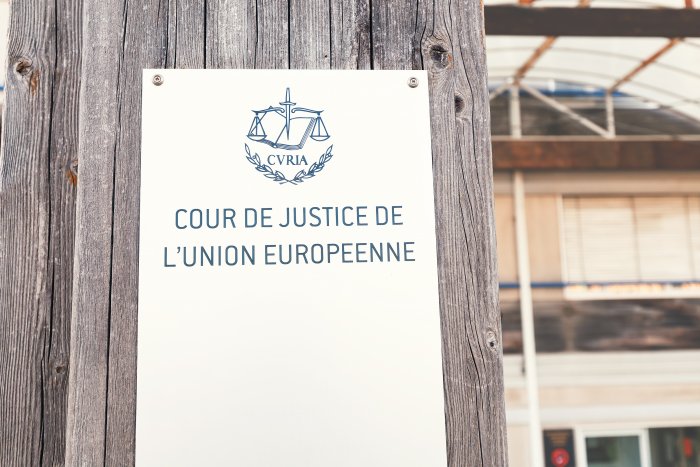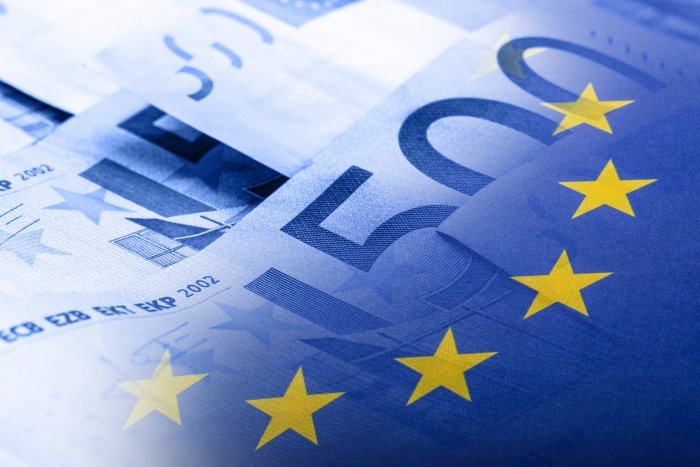EU Ambassadors Clear Hungary RRF Plan, Advise EUR 6.3 bln Funding Suspension

Ambassadors of European Union member states decided late Monday to advise the European Council to approve Hungary's Recovery and Resilience Facility (RRF) plan, but also to suspend EUR 6.3 billion of the country's Cohesion Fund allocation because of concerns over the rule of law, the council said.
The heads of mission of EU member states acknowledged remedial measures Hungarian authorities have taken but said those steps "do not sufficiently address the identified breaches of the rule of law and the risks these entail for the Union budget".
The European Commission had earlier proposed suspending EUR 7.5 bln of Hungary's Cohesion Fund allocation.
In the press release issued after the ambassadors' meeting, the council said remedial measures adopted by Hungary so far are "affected by significant weaknesses", but added that the number and significance of steps that have been "satisfactorily implemented" point to a "reasonable approximation" of the remaining risk for the EU budget at 55pc of commitments in the Cohesion Fund programmes concerned.
The ambassadors' decision on the RRF plan followed a positive assessment of the plan delivered by the EC on November 30. The EC, however, made payouts of the EUR 5.8 billion in grants conditional on the fulfillment of 27 "super milestones" regarding institutional reforms to strengthen the rule of law.
The ambassadors also unanimously endorsed the implementation at EU level of the OECD's minimum 15% corporate tax rate, the council said. Under the agreement reached, the minimum 15% corporate tax rate would be applied to profit of big multinational and domestic groups or companies with a combined annual turnover of at least EUR 750 million.
At a press conference on Tuesday, Regional Development Minister Tibor Navracsics said the EC, the Czech Presidency of the Council of the EU and member states agreed to accept the inclusion of the local business tax when calculating the overall tax burden for the minimum corporate profit tax.
"Hungary's accession to the global minimum tax does not translate as any kind of tax increase," he added.
Gergely Gulyás, the head of the Prime Minister's Office, said the council sent a letter affirming that the approval of the global minimum corporate tax does not require Hungary to raise taxes in the existing tax system, due to the inclusion of the local business tax in the calculation.
Addressing objections to the global minimum corporate tax on grounds of principle raised earlier by the government, Navracsics said those issues were successfully removed and explained that the "fundamental problem" was that the measure would have been "especially damaging" to Hungary had it raised the tax burden, at the cost of the country's competitiveness.
"The issue is fine on our part because Hungary doesn't have to raise taxes. It also means that we can call the local business tax the global minimum tax, too," he added.
Gulyás said the global minimum corporate tax will affect "a few big companies" that will have "additional tax payment liabilities".
Touching on an agreement paving the way for EUR 18 bln in assistance to Ukraine, Gulyás said the support would come from within the EU budget. He noted that the government had been opposed to joint EU borrowing for the support and said the sides came up with a form of solution that does not require Hungary to draw on credit. Hungary would have rather that Ukraine signed bilateral agreements with member states, but Ukraine found it simpler to get the assistance in a single package, and the EU found a solution for that, he added.
Navracsics said he was confident Hungary could sign for its RRF funding as well as the Partnership Agreement on its Cohesion Fund allocation "within days". He noted that Hungary aimed to sign the agreement on the Cohesion Fund monies before the end of the year to avoid any loss of funding.
Fielding questions, he said the end of March marks the end of the timetable for fulfilling commitments to address the concerns regarding rule of law with the approval of a package of legislation by MPs. If Hungary can meet that deadline, the EC has said the funding suspension could be lifted in April or May, he added.
Navracsics said he trusts no further demands will be made of Hungary, adding that dialogue with the EC is "continuous". If any problems do arise, the government will strive to clear them up in the course of talks, avoiding the formulation of any new demands.
He said he didn't notice "tension" at the talks on accessing Hungary's EU funding, but acknowledged "heightened hubbub" as an agreement drew closer and strain among parties who didn't want that grew. Approval would have come "much earlier" if the various matters hadn't been combined, he added.
Navracsics said the government wants to call 25 new tenders for EU funding by the end of March.
Asked whether Hungary plans to tap credit available from the RRF, Navracsics said the government has six months to decide on the matter and will do so in light of the economic environment at the time.
By achieving milestones set out in the course of the talks with the EC, Hungary has a chance to be an example for other EU member states, he said.
He also said the future and legitimacy of the EU's rule of law mechanism would be determined by the distance it can keep from party politics. "It's not a problem for the EU to protect its own fiscal and financial interests, the problem arises when political factors are inserted into a fundamentally legal process," he added.
SUPPORT THE BUDAPEST BUSINESS JOURNAL
Producing journalism that is worthy of the name is a costly business. For 27 years, the publishers, editors and reporters of the Budapest Business Journal have striven to bring you business news that works, information that you can trust, that is factual, accurate and presented without fear or favor.
Newspaper organizations across the globe have struggled to find a business model that allows them to continue to excel, without compromising their ability to perform. Most recently, some have experimented with the idea of involving their most important stakeholders, their readers.
We would like to offer that same opportunity to our readers. We would like to invite you to help us deliver the quality business journalism you require. Hit our Support the BBJ button and you can choose the how much and how often you send us your contributions.








